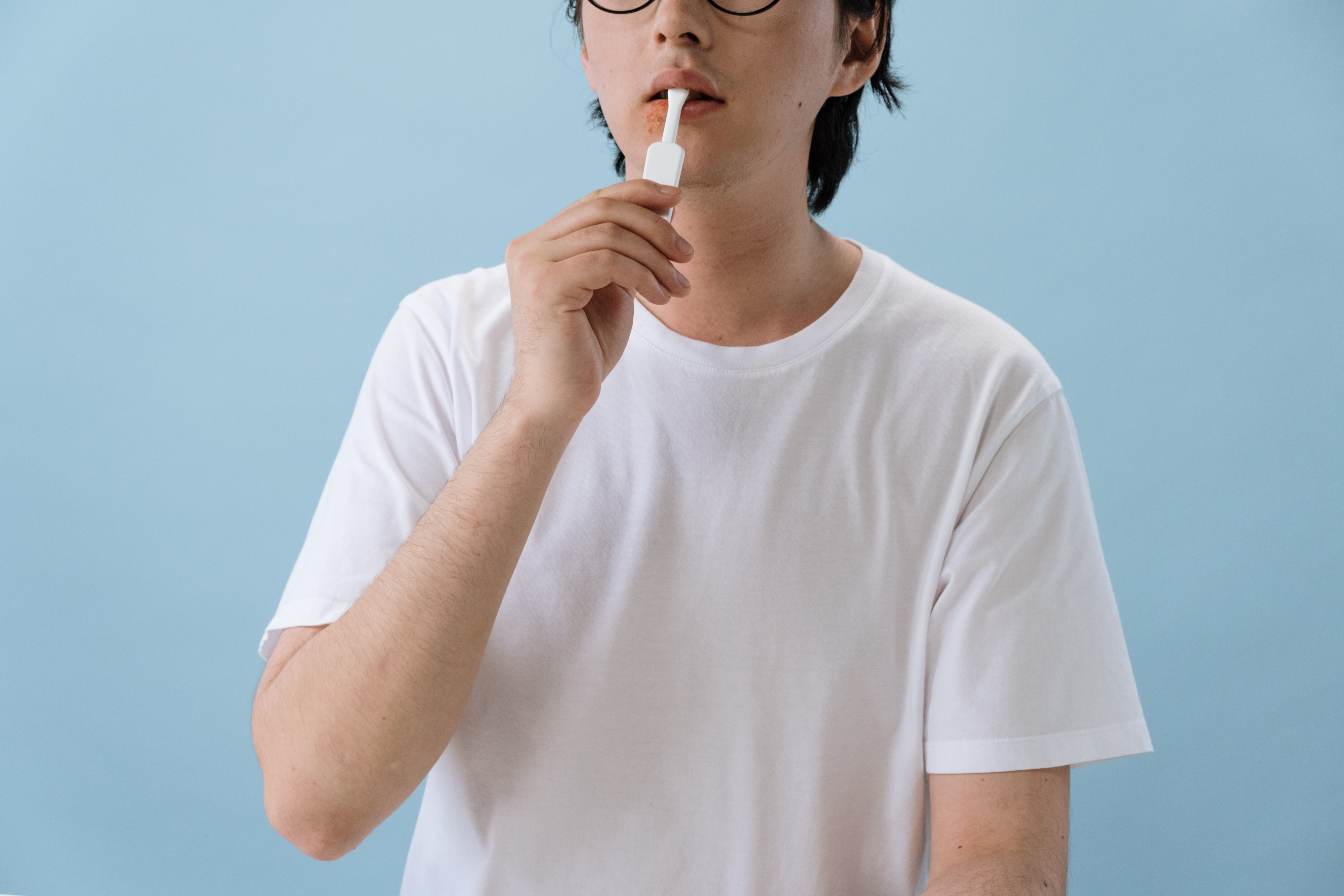Infections - Prevention, Diagnosis & Treatment
Oral Herpes: Symptoms, Causes, and Treatment
By S.I. (staff writer) , published on May 31, 2022

Medicine Telehealth Health STDs protection
What is Oral Herpes?
Oral herpes also known as ‘cold sore’ and ‘herpes labialis’ is a very common viral infection caused by the herpes simplex virus (HSV) type 1. Approximately 90 percent of adults are exposed to the virus by the age of 50 as per the National Institutes of Health.
It is a sexually transmitted disease (STD) that can be avoided by adopting safe sexual practices [1]. Get yourself and your partner tested before indulging in unprotected sexual acts. Oral sex is the leading cause of oral herpes.
The symptoms can vary from person to person. Most common symptoms include the formation of fluid-filled blisters near the infected area, fever, flu-like symptoms along with swollen lymph nodes, and a headache.
In certain conditions, patients are asymptomatic as the virus remains dormant in their bodies. In these situations, there are no visible symptoms at all, making it difficult to diagnose that you are suffering from an infection.
The viruses that come under the category of herpes simplex are known to infect the person forever. Once the virus invades the person’s body, it stays there and it may or may not cause recurrent infections in the patient.
This infection is highly contagious and can easily spread from one person to another through direct or intimate contact. The best way to protect oneself from contracting the herpes virus is to refrain from touching or having any direct contact with the lesions and blisters of infected people.
What Are The Symptoms Of Oral Herpes?
The symptoms of the herpes simplex type 1 virus include [2]:
- Painful blisters around the mouth
- Cold sores (ulcers) around the lips
- Burning sensation on the lips and around the mouth
- Swelling of the lymph nodes
- Swelling of the gums
- Painful lymph nodes
- Fever
- Fatigue
- Headaches
Many people show no symptoms even after the virus has invaded their body and if they are lucky enough, they remain asymptomatic throughout their lives.
What is the Cause of Oral Herpes?
The culprit of oral herpes is the herpes simplex type 1 virus which is a double-stranded, enveloped, and encapsulated virus. This virus can be transmitted through direct contact with the ulcers or the infected area [3]. It is important to note that HSV-1 can also cause genital herpes whereas HSV-2 is only responsible for genital herpes.
What are the Treatment Options for Oral Herpes?
The virus does not have a cure because, once the virus infects a person, it tends to live in their body permanently. But there are a variety of treatments that can help in alleviating the symptoms [4].
Usually, the symptoms tend to go away within one to two weeks but in primary attacks, the pain caused due to the cold sores can be intolerable. In such situations, analgesics such as paracetamol can be prescribed.
To treat the blisters and the ulcers, your physician can prescribe antiviral medications that can be administered both orally and can be applied topically.
Several antiviral drugs are prescribed for the treatment of oral herpes.
|
Valtrex |
|
Famvir |
|
Zovirax |
The best way to use these medications is to take them right after the initial signs and symptoms start appearing.
References:
- https://www.ncbi.nlm.nih.gov/books/NBK482197/
- https://www.ncbi.nlm.nih.gov/pmc/articles/PMC6563194/
- https://www.ncbi.nlm.nih.gov/pmc/articles/PMC1436763/
- https://www.ncbi.nlm.nih.gov/pmc/articles/PMC1436775/
Find articles related to: Medicine Telehealth Health STDs protection
More articles about Infections - Prevention, Diagnosis & Treatment
Back to the Health Tips Index




